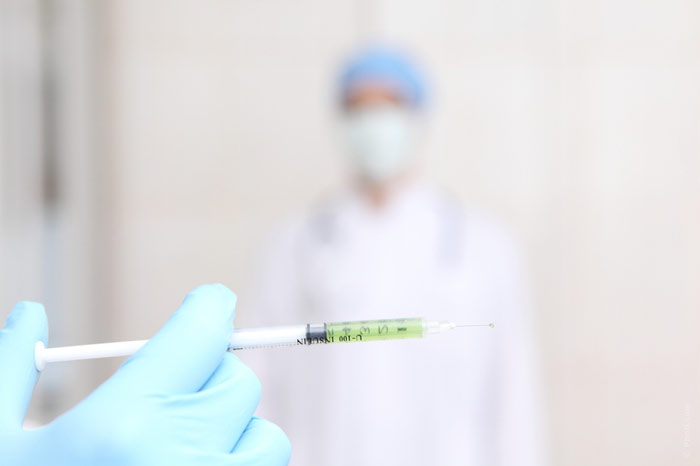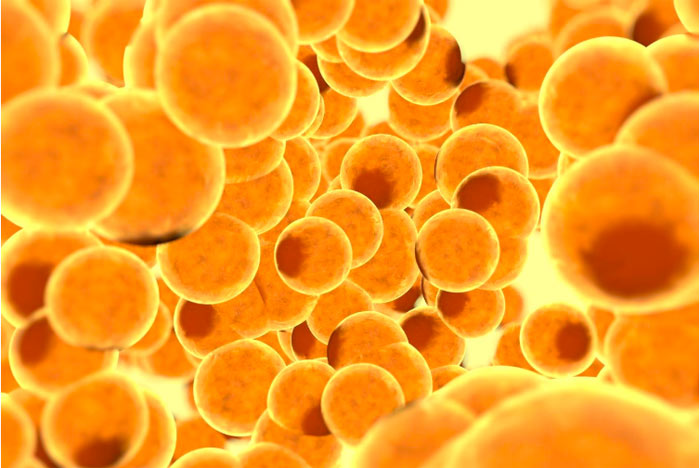Immunity is a complex system that includes various cells (lymphocytes, basophils, neutrophils, etc.) and even certain organs. Despite the fact that a large number of scientific achievements in the field of medicine are accounted for by the immunological industry, some facts still remain a mystery even for specialists. But there are common truths that everyone should know. The most popular myths about immunity are debunked in this article.
Myth 1. We are born without immunity
In fact, even in the mother’s womb, we are under the protection of her body cells. In the first months of life, antibodies inherited from the mother also protect us from dangerous viruses, bacteria and fungi.
In the process of growing up, the body “overgrows” its own protection – this process is due to genetics. It is believed that the immune system is finally formed by the age of 12-14: at this age, a teenager has the same number of immune cells as a healthy adult.
Children’s immunity is rather weak, but it is in childhood that the body encounters with various pathogens. They stimulate its ability to resist pathogenic microorganisms in adulthood. The creation of “greenhouse conditions” and excessive sterility can lead to hypersensitivity – frequent allergies and the development of autoimmune diseases.
Myth 2. Vaccination is a dangerous Russian roulette
Unfortunately, there is an unreasonable trend in the modern world. It calls both adults and children for avoiding vaccination. In response, experts say vaccinations are safe, and this is supported by scientific evidence.

The principle of the vaccine is to produce antibodies that help fight pathogenic pathogens if they enter the body. Contrary to a popular belief, vaccination does not cause diseases – on the contrary, in a dangerous situation, the immune system will react to an infectious agent faster and long before its DNA is introduced into the cells of the body.
Many fear the fact that vaccines contain mercury. Indeed, thiomersal was used as a preservative in some vaccines, but the 6 mcg dosage did not cause any harm to health.
Myth 3. Regular consumption of yogurt will strengthen the immune system
Our intestines can be responsible for approximately 80% of immunity. It also provides an environment for a population of microorganisms – in a word, there is a whole microbiome.
Yogurt advertisements highlight the benefits of prebiotics and probiotics for gut health and strong immunity. However, beneficial bacteria from the outside cannot survive in an acidic environment for more than two days.
Despite the fact that fermented milk products do not have a particular effect on immunity, you should not give them up. Calcium and phosphorus contained in yogurts and kefir maintain healthy bones and teeth, as well as contribute to mental clarity and energy balance for years to come.
Myth 4. Synthetic vitamins = ARVI prevention
A lot of controversies revolve around multivitamin complexes. In general, experts agree that there is nothing better than a regular and varied diet. The micronutrients necessary for the proper functioning of the body will be better absorbed by eating natural products.

It is worth testing blood for a vitamin composition at least once a year in order to catch the beginning vitamin deficiency in time and immediately take appropriate measures.
Myth 5. Stress and immunity are interconnected
Short-term stress or even acute stress does not significantly affect our immunity. A healthy body can adapt to overload. The situation is somewhat different with chronic worrying and anxiety states.
The relationship between frequent acute respiratory viral infections, exacerbation of chronic diseases, and mental state can still be traced.
Bad habits, which people often resort to in case of chronic fatigue syndrome and anxiety, also have a serious effect on immunity. Smoking, lack of sleep, irregular eating habits negatively affect overall health.
The most important truth

Immunity is one of the strongest systems in our body. To cause significant harm to it and to bring the situation to an extreme, you need to “try hard”. To avoid this, it is worth paying attention to preventive measures: high-quality and prolonged sleep, good nutrition, physical activity, as well as the necessary vaccinations, help maintain immunity at a high level.











